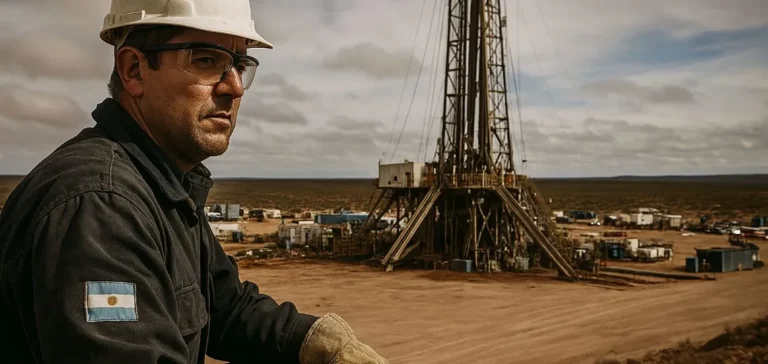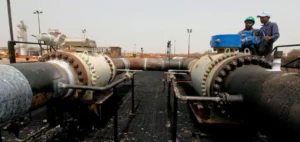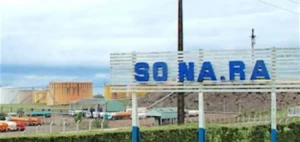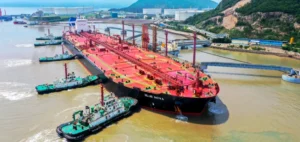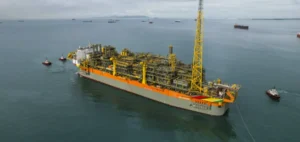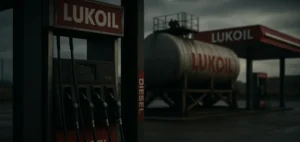The Vaca Muerta region, a pillar of Argentina’s hydrocarbons industry, is preparing for two major social movements. Two unions have confirmed work stoppages over several days, targeting both logistics and extraction amid wage disputes and job cuts. The first action concerns the truckers’ union in the Neuquén and Río Negro provinces, responsible for transporting frac sand, a crucial element for drilling operations.
Logistical impact on the supply chain
The truckers are demanding overdue wage payments from NRG Argentina, a key supplier of frac sand for Vaca Muerta. The company, having encountered financial difficulties after an anticipated expansion, saw its demand forecasts sharply revised downwards, dropping from 1.5 mn tonnes to 600,000 tonnes per year. This situation led to a filing for creditor protection, with the company reporting debts reaching $50mn (EUR46.1mn). Sand transport, connecting the Entre Ríos province to Neuquén over more than 1,300 kilometres, could face significant delays if the industrial action is widely observed.
Mass layoffs in oilfields
In parallel, the Union of Private Oil Workers of Neuquén, Río Negro, and La Pampa has announced a 48-hour strike, protesting against more than 1,200 layoffs and 2,000 suspensions reported in the region’s oilfields. This action comes as Vaca Muerta has set a new production record with a 17.8% year-on-year increase, reaching 778,800 barrels per day in June. Natural gas production, for its part, increased by 5.8% to 158.8 mn m³/d, according to figures published by the Energy Secretariat.
Growth forecasts and sector risks
The outlook remains characterised by strong expected growth in national oil production, which should reach 830,000 barrels per day this year, compared to 717,000 the previous year. This dynamic would bring Argentina closer to its historical record of 847,000 daily barrels set in 1998. Forecasts for Vaca Muerta mention the possibility of reaching 1 mn barrels of oil and 250 mn m³/d of gas by 2030. However, the social escalation raises questions about operational continuity and social stability in one of the world’s largest unconventional hydrocarbon basins.
Union responses highlight the central role of workers in this rapid growth, with several leaders stressing the contribution of the local workforce to the sector’s performance.


